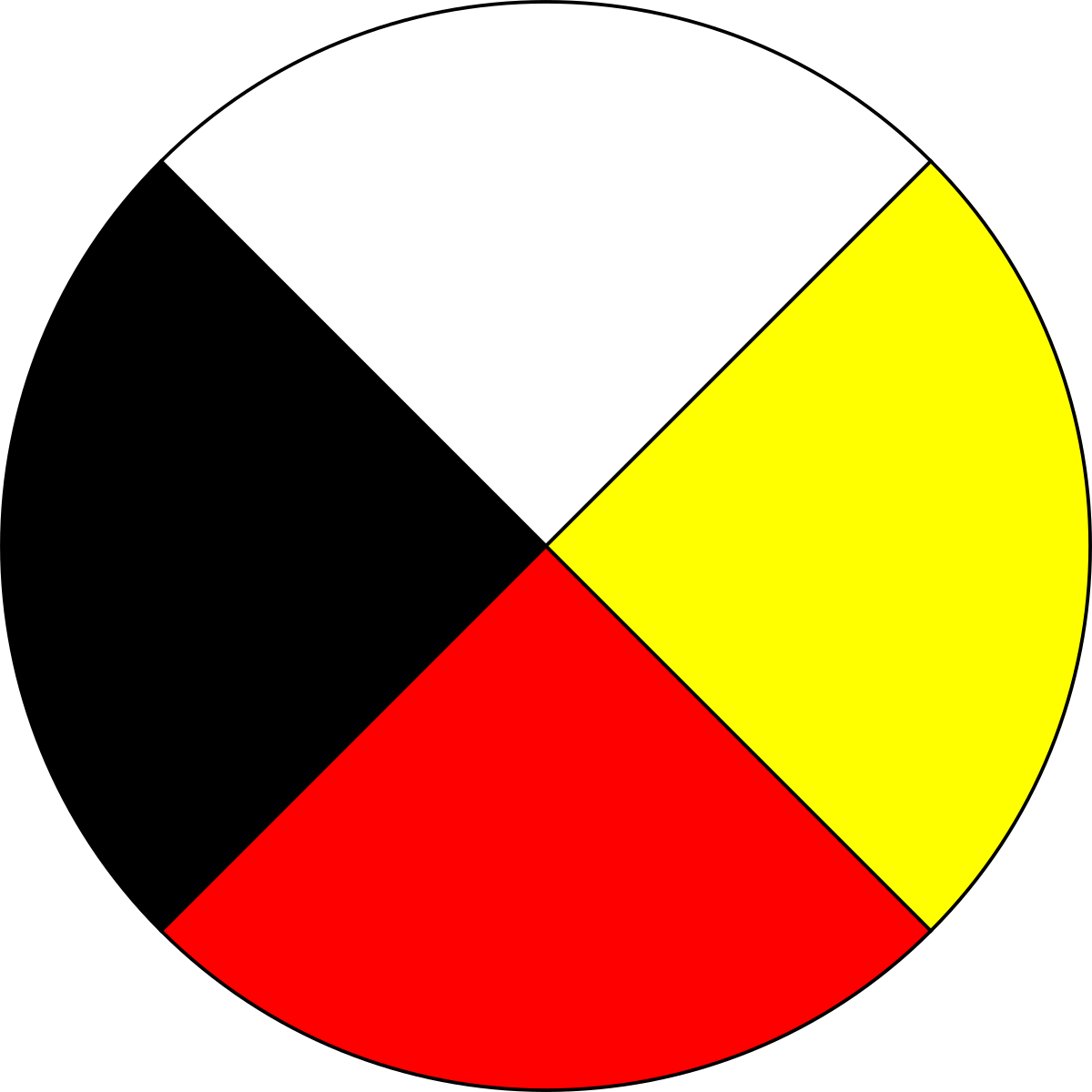When clients tell me they’re overwhelmed but struggle to name what they’re feeling, I usually know we’re standing at a crossroads.
One path is familiar: staying in the head, thinking harder, trying to “figure it out.”
The other path; the one much less traveled — asks something much scarier: slowing down enough to feel.
That’s why I often invite (okay, challenge) my clients to try journaling.
I know.
I get the eye-rolls too.
I get the, “I’ve tried it. It doesn’t work for me.”
I even get the, “I’m not a writer” or “It feels dumb to just write things out.”
Here’s what I’ll often say back:
Journaling isn’t about writing beautifully. It’s about making the invisible visible.
It offers a bridge- from mind to body, from chaos to clarity. Not to mention it's private.
And yes, sometimes the strongest resistance comes from the people who need it the most.
If you’ve ever dismissed journaling as “not for you,” or felt secretly uncomfortable with the idea of seeing your own thoughts on paper — this post is for you.
Let's talk about why journaling isn’t just for writers.
It’s for overthinkers, avoiders, and everyone stuck in the exhausting in-between.
Why Journaling Works for Overthinkers
1. It Externalizes the Storm.
When thoughts are spinning inside your mind, they feel endless and chaotic. Putting them on paper gives them a beginning, a middle, and an end. It turns emotional noise into language — and language is something we can work with in therapy.
2. It Reveals Patterns You Can’t See When You’re in It.
Overthinking often leads to loops:
- "What if" spirals
- Worst-case-scenario building
- Self-blame or catastrophizing
Journaling helps you spot the familiar paths you’re trudging down without realizing it. Once you see the map, you can start choosing different routes.
3. It Bridges the Gap Between Numbness and Feeling.
Many people who say they feel “numb” are actually flooded with too many emotions at once. It’s like every radio station is playing at full blast and you can’t hear yourself think. Journaling helps you slowly tune in to one feeling or need, at a time. It gives your nervous system something concrete and manageable to focus on.
The Resistance Is Part of the Work
If you're already feeling resistant to the idea of journaling, you’re exactly the kind of person who might benefit from it most.
When my clients push back — telling me they don’t want to do it, or it feels pointless — I don’t get discouraged.
I see it as a doorway.
Resistance often signals that journaling is brushing up against something important:
- Fear of feeling too much
- Fear of slowing down
- Fear of facing thoughts you’ve tried hard to outpace
- Fear of feeling weak
That’s why I often challenge clients to try journaling daily for just one week.
Not to be “good” at it.
Not to process everything perfectly.
But to notice what comes up — including the resistance itself.
Then we unpack that in session.
Because in therapy (and in life), working with the parts of you that resist is often where real change begins.
How to Start Journaling If You're an Overthinker
1. Set a 5-minute timer.
No more, no less. Knowing you have a boundary helps tame the overwhelm.
2. Don’t overthink what to write.
Start with "I don’t know what to write" if you have to. Let your hand move even if your mind feels frozen.
3. Use a prompt if you’re stuck.
Here are a few I often suggest:
- What’s taking up the most space in my mind today?
- If my feelings had a colour or a shape-right now, what would it be?
- What’s one thing I wish I could say out loud but haven’t yet?
4. Remember: It’s not about solving.
It’s about seeing. Awareness is the first (and often hardest) step.
Final Thoughts
You don’t have to become a "journaler" to benefit from this practice.
You don’t even have to like it at first.
But if you're willing to tolerate a little discomfort, and if you’re curious enough to peek under the hood of your own mind — journaling can be one of the most accessible and powerful emotional tools you have.
It’s not about fixing you.
It’s about meeting yourself.
And for many overthinkers, that meeting is long overdue.
So, what parts of you have been hiding behind your thoughts, waiting to be heard?
Journaling isn’t about doing it perfectly. It’s about showing up for yourself in a new way — even when it feels awkward or uncomfortable.
If you're tired of getting stuck in your head and want a different way forward, let's talk. Book a free discovery call and let's see what’s possible.
#RISEwithLiveInspired








